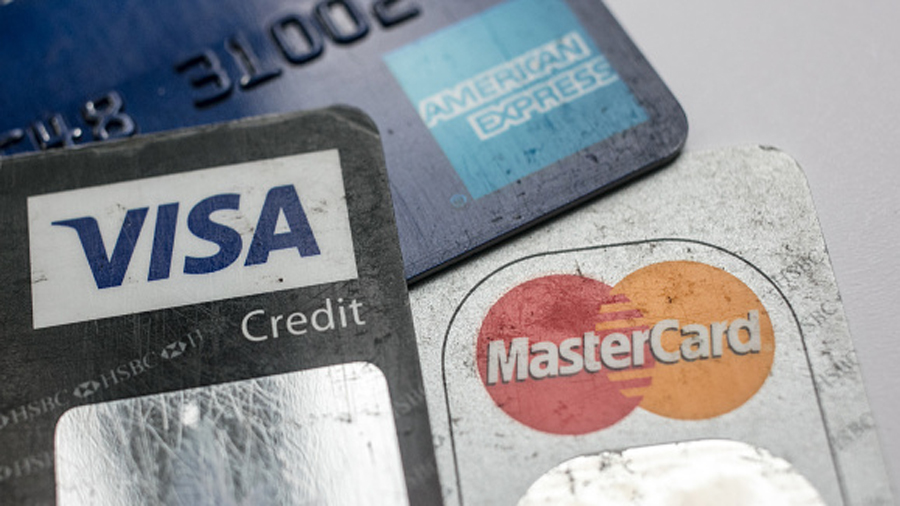SALT LAKE CITY — The amount Americans owe has never been higher. A new report from the Federal Reserve Bank of New York shows household debt has climbed to a record $17.7 trillion. Household debt includes mortgages, student loans, car payments and credit cards among other types of loans.
But the latest economic numbers are not all doom and gloom for America’s debt solution.
“This year we are starting off with a debt decrease,” said Christie Matherne, an editor with personal finance website, WalletHub.
Adjusted for inflation, Matherne says WalletHub has found total household debt actually decreased by $135 billion. That’s a 6% drop compared to the same time last year.
“We’re not on a red a record debt payoff spree or anything,” Matherne said. “But we’re also not doing too bad paying down our debt either.”
Another gold nugget for economy wonks: WalletHub says the ratio between total household debt and assets continues to be at around 9.8%. Matherne says that’s a very healthy level.
“It’s really great news because like with everything costing so much right now, we could be in a lot worse shape than we are,” she explained.
Seeing a drop in debt in the first part of a year is not particularly rare with holiday spending behind us, but Matherne is optimistic the trend could have legs for the rest of this year.
“If your New Year’s resolution is to pay down your debt in a way that you haven’t before, please keep doing so,” she said. “It’s helping the economy. It’s helping you. It’s helping your monthly bottom line look a little better.”
Credit card debt is one place where we want to be careful. It went way down during the height of the pandemic. Just since the first half of 2022, it has climbed by over $210 billion.

